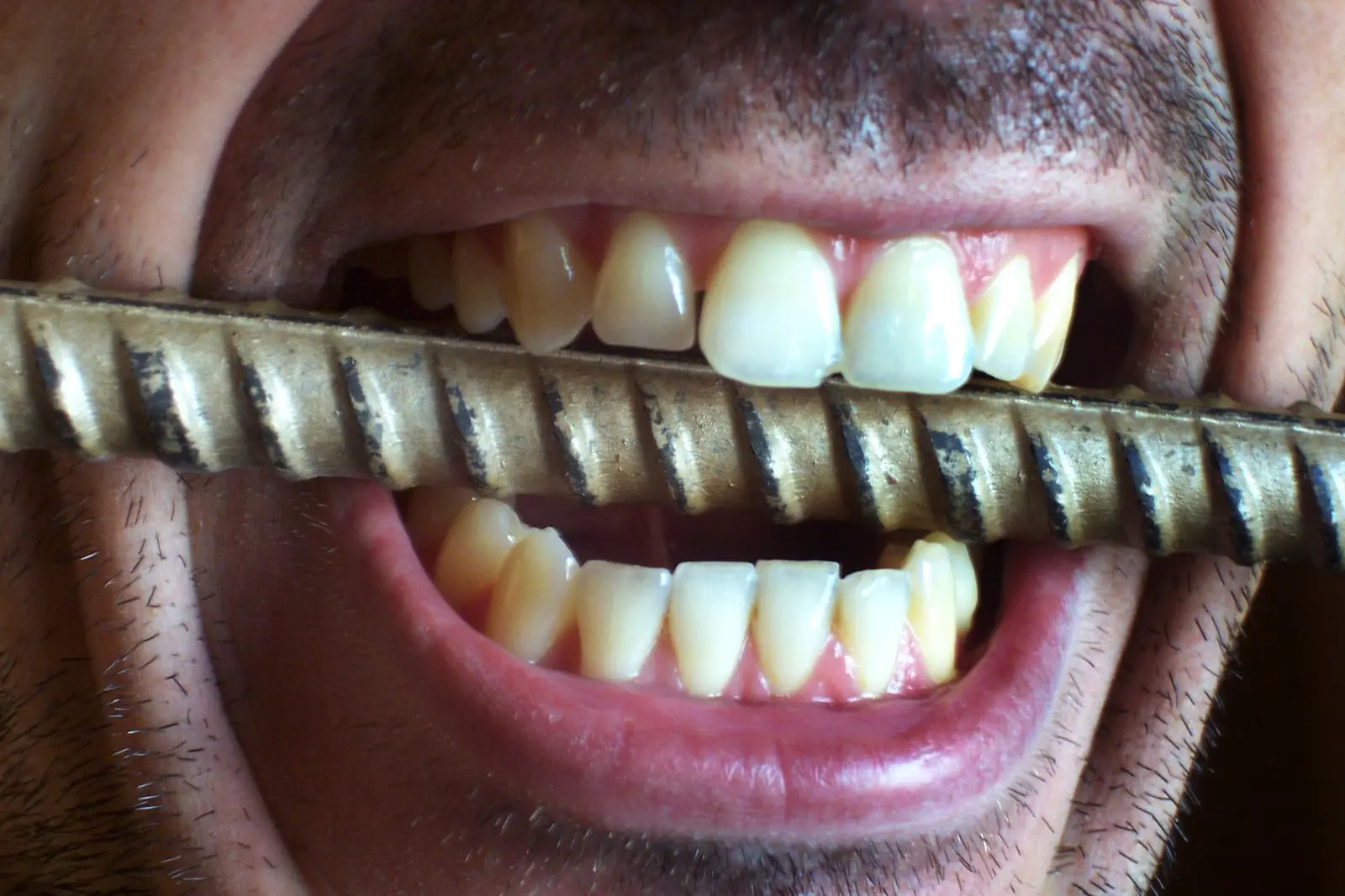April is Stress Awareness Month. The 30-day observance is devoted to raising awareness of the causes and cures for the modern stress epidemic. Too much stress can cause a number of health complications, including problems with your mouth, teeth, and gums.

(Freeimages / Lorenzo González)
Stress results in a lot of hormonal reactions that cause loss of appetite, mood swings, depression, or anxiety. These changes in the body’s chemicals can greatly affect your dental health.
Your teeth and jaw are impacted by stress. Bruxism, or grinding of the teeth, is mainly due to stress. Repetitive grinding will chip away your teeth’s enamel and damage the chewing surfaces. Teeth grinding can also lead to temporomandibular disorder.
Chronic stress can trigger infections and viruses that will harm the soft tissues of your oral cavity. Stress can also compromise your immune system, rendering you less able to fight off germs and infections. Your gums and lips can be affected by tension through the development of stress-induced canker sores.
Burning mouth syndrome is also attributed to stress. This malady causes a burning sensation in the lips and tongue as well as a tingling in the gums and roof of the mouth as a result of chronic stress.
To minimize stress and its associated dental problems, do the following:
- Go outdoors, get active – Engaging in physical activities can help you maintain a good chemical balance in your body. Going outdoors and breathing in the fresh air can help clear your head and put your problems in perspective.
- Eat well – Eating healthy foods will contribute to nutritional balance, which can help you feel better and deal with stressors more effectively.
- Get enough sleep – You may think you’re too busy to get to bed on time, but few things can send our lives spiraling out of control like sleep deprivation. Commit to getting seven to eight hours of sleep per night. You’ll feel better and think more clearly.
- Drink water – Drinking plenty of water will keep you hydrated, an important element of physical health
- Streamline your schedule – Take a good look at your daily agenda. Is there anything that could be eliminated, minimized, or delegated to someone else? Use a planner to keep track of your obligations. Write out your daily schedule the night before so that your day runs more smoothly and you know what to expect.
- Practice good oral hygiene – Keep your mouth, teeth, and gums clean. Brush at least twice a day, floss once a day, and use mouthwash to keep bacteria at bay.
A little stress is good, but too much can be damaging to many aspects of your health. Taking care of yourself will pay off in the way you look, feel, and view life.
